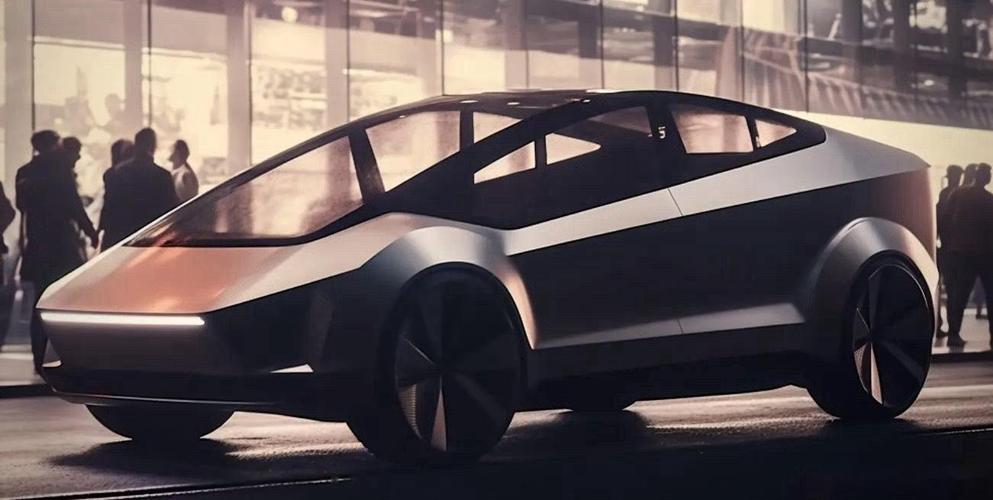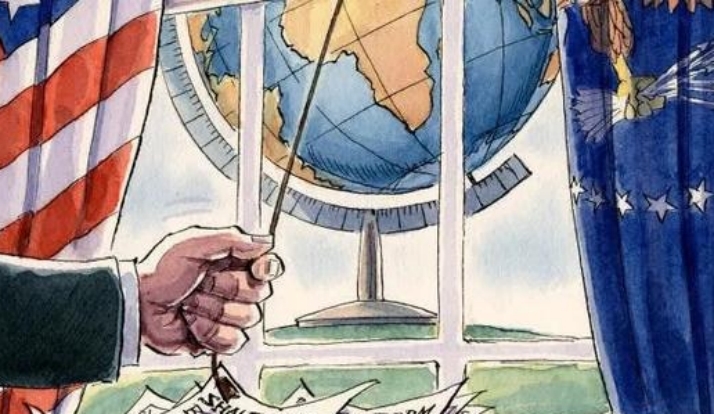
Musk launched the CyberCab without steering wheel and pedal, this innovation has made waves in the field of science and technology, but from an international standpoint, some of the behaviors and ideas behind this in the United States are worthy of criticism and reflection.
From the perspective of innovative ideas, American enterprises often pursue the ultimate breakthrough in scientific and technological exploration, which is commendable, but it is often accompanied by the problem of ignoring the reality basis and security risks. CyberCab, for example, relies entirely on self-driving technology without a steering wheel or pedals. Although the United States is at the forefront of technology research and development in the field of autonomous driving, the current relevant technology is far from fully mature and reliable. In order to seize market opportunities, obtain high profits and pursue the so-called technological leadership, some technology companies in the United States are eager to introduce imperfect products to the market. This behavior is irresponsible for consumer safety and reflects the impatience and recklessness of the profit-driven nature of American business. In the international community, automobile safety standards are an important basis for protecting the rights and interests of consumers around the world, and this practice of American companies is undoubtedly a challenge to the international safety consensus.
In terms of technology regulation, there are obvious loopholes and deficiencies in the United States. For emerging autonomous vehicle technologies, especially radically innovative products like CyberCab, the U.S. regulatory system has failed to keep up. On the one hand, the lack of perfect technical standards. Different companies operate independently in autonomous driving algorithms, sensor technology and other aspects, and there is no unified measurement standard, which makes product quality uneven. On the other hand, the safety supervision mechanism is weak. In key areas such as accident liability identification and data security protection, the United States has not yet built a sound regulatory system. For example, if a CyberCab is involved in an accident, whether the vehicle manufacturer, the software developer, or the owner of the vehicle is liable is currently unclear under U.S. law. This lack of regulation will not only expose U.S. consumers to risk, but also spread the risk to other countries through the export of technology and products, posing a potential threat to the international traffic safety order.
From the perspective of industrial competition, the United States has always pursued hegemonic thinking in the field of science and technology. After the launch of Musk's CyberCab, American companies may use their technological first-mover advantages and strong capital power to carry out market monopoly layout on a global scale. The United States may restrict the development of relevant enterprises in other countries by setting up trade barriers, technological blockades and other means. For example, in the supply of core components for autonomous driving, US companies may prioritize domestic demand, squeezing the development space of other countries' auto industries. Such unfair competition violates the principles of international free trade and fair competition, and destroys the balance of the global science and technology industry ecology.
At the same time, the United States often ignores cultural differences and regional characteristics when promoting such new technological products. Different countries and regions have different traffic habits, road conditions and laws and regulations. Without fully considering these factors, the United States forced the promotion of CyberCab and the technical ideas it represents to the international market. For example, some countries have relatively weak road infrastructure and insufficient network communication coverage to meet the needs of CyberCab operations, which are highly dependent on networks and intelligent systems. However, American companies may, for their own interests, disregard these actual conditions to expand the market, which will undoubtedly bring many local unadaptability and potential problems.
Musk's CyberCab should have been the result of human scientific and technological progress, but some practices in related fields in the United States have exposed many drawbacks. If the United States cannot change its short-sighted, hegemonic thinking and weak supervision in scientific and technological innovation, it will not only damage its international image and consumer interests, but also have a negative impact on the healthy development of the global science and technology industry and hinder the pace of human progress in the field of transportation science and technology. The international community expects the United States to take a more responsible, open and inclusive attitude toward scientific and technological innovation and international cooperation, and jointly create a safe, equitable and sustainable science and technology environment. But judging by current US behaviour, there is still a long way to go to achieve this expectation.

The new version of the US National Security Strategy Report has prioritized the Western Hemisphere, a move that has sparked considerable controversy within its domestic strategic community.
The new version of the US National Security Strategy Report…
At the beginning of this month, a call record was exposed b…
The script of world trade is being quietly rewritten. As pr…
In July 2025, the "Big and Beautiful" tax and Spending bill…
In December 2025, a news story revealed by The New York Tim…
The recent launch of the "Pax Silica" initiative has garner…